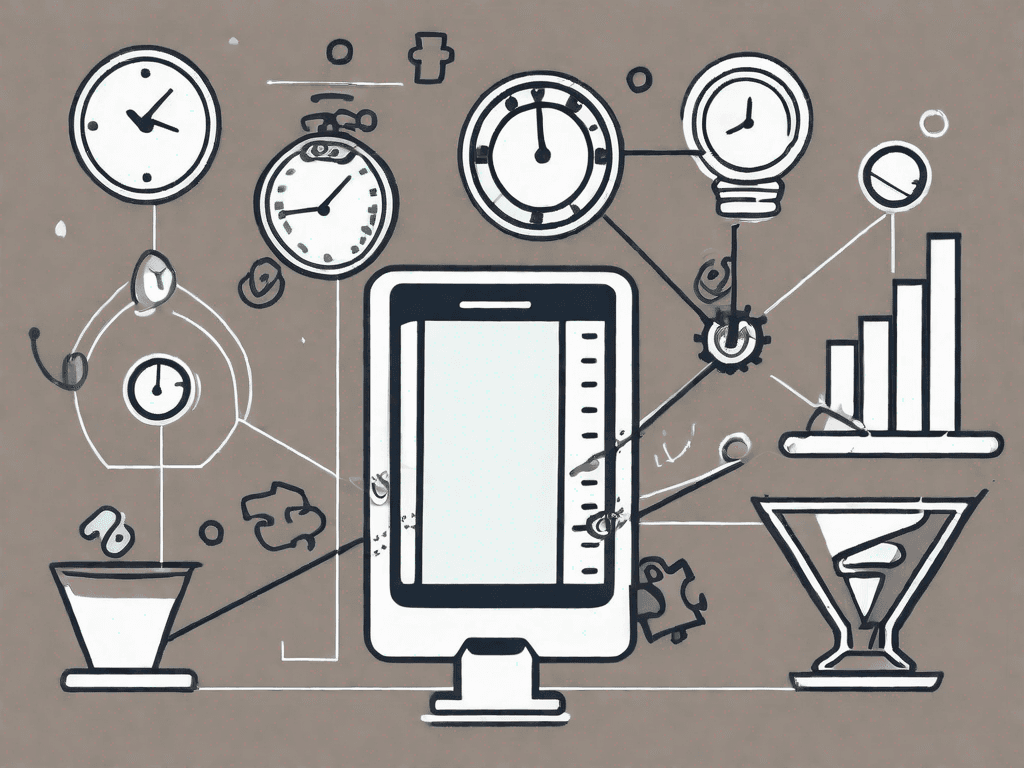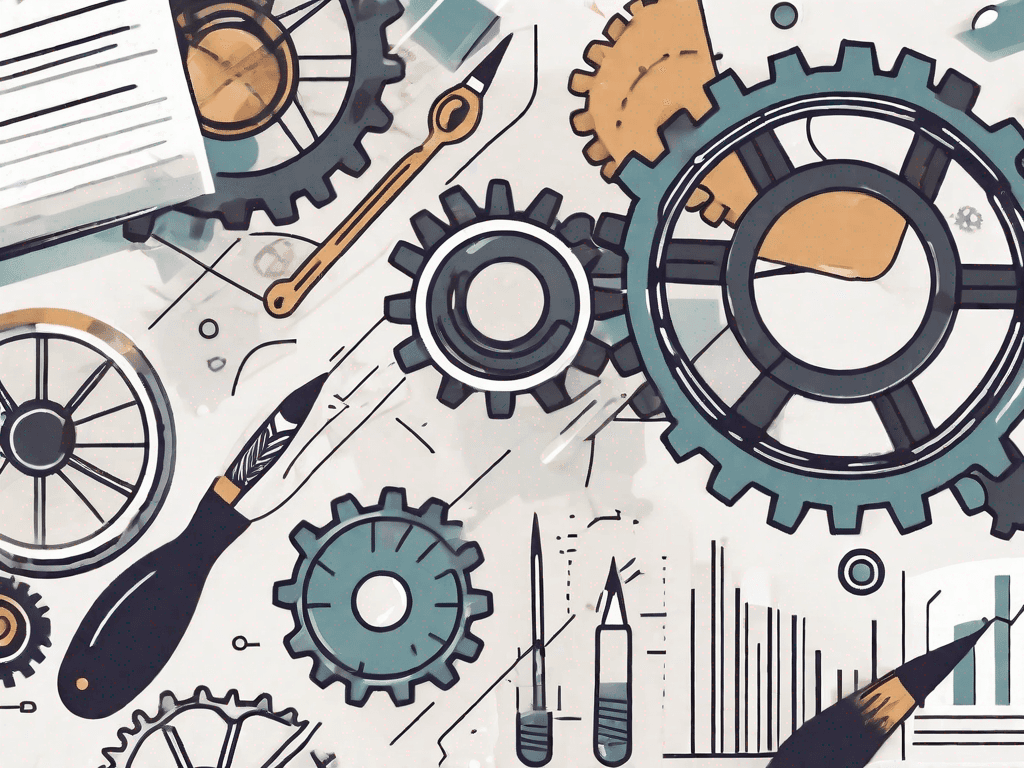
What is a Decision Maker? (Explained With Examples)
In every aspect of life, whether personal or professional, we constantly face situations that require making decisions. These decisions can range from simple choices such as what to have for lunch, to more complex choices like whether to pursue a new job opportunity. However, have you ever wondered who exactly is responsible for making these decisions? Enter the decision maker
What is a Decision Maker?
As the term implies, a decision maker is an individual, group, or entity that is empowered to make choices and determinations. They are the people who have the authority and responsibility to assess the available information, consider various options, and ultimately decide on a particular course of action. Decision makers play a crucial role in organizations and businesses, as well as in our day-to-day lives.
1°) What is a Decision Maker?
Let's delve deeper into understanding the concept of a decision maker.
1.1 - Definition of a Decision Maker
A decision maker can be defined as someone who has the authority and accountability to make decisions that impact the outcome of a specific situation. They are entrusted with the responsibility to analyze information, evaluate potential outcomes, and select the most appropriate option. This role requires critical thinking, problem-solving skills, and the ability to consider the potential consequences of each choice.
When it comes to decision making, it is important to note that there are different types of decision makers. Some decision makers have a hierarchical position within an organization, such as executives or managers, while others may be part of a group or committee where decisions are made collectively. Additionally, decision makers can also be individuals who make choices in their personal lives, such as deciding on a career path or making financial investments.
1.2 - Advantages of a Decision Maker
Having a decision maker in any setting offers several advantages. Firstly, it allows for a streamlined decision-making process, as there is a designated individual or team responsible for finalizing choices. This ensures that decisions are made efficiently and effectively, without unnecessary delays or confusion.
Furthermore, decision makers often possess specialized knowledge or expertise relevant to the situation at hand, enabling them to make informed decisions based on their experience and understanding of the subject matter. This expertise can be particularly valuable in complex or technical decision-making scenarios, where having a knowledgeable decision maker can lead to better outcomes.
Moreover, having a decision maker promotes accountability and clarity. With a clear authority figure, everyone involved knows who is ultimately responsible for the decision, which helps prevent ambiguity and potential disagreements. This fosters a sense of trust and allows individuals to focus on their own roles and responsibilities instead of being burdened with decision-making tasks.
1.3 - Disadvantages of a Decision Maker
While decision makers offer numerous benefits, it's essential to acknowledge the potential disadvantages as well. One drawback is the risk of decision bias. Being human, decision makers are susceptible to personal biases, which can influence their choices. These biases may stem from their own preferences, opinions, or experiences, potentially leading to decisions that are not purely objective.
Additionally, decision makers may experience a burden of responsibility. The weight of making crucial choices can create stress and pressure, especially when the decisions have significant consequences. This burden can impact the decision maker's well-being and ability to remain impartial, affecting the overall quality of the decisions made.
2°) Examples of a Decision Maker
Now that we have explored the concept of decision makers, let's look at a few real-life examples that illustrate their role and significance.
2.1 - Example in a Startup Context
In a startup, the co-founders often act as decision makers, taking charge of the company's direction and strategy. They are responsible for deciding on crucial aspects such as funding, hiring, product development, and market entry. Their choices can make or break the success of the startup, highlighting the importance of effective decision making in this context.
2.2 - Example in a Consulting Context
Within the consulting industry, consultants serve as decision makers, advising their clients on various matters. They analyze complex situations, gather data, and recommend courses of action. The ability to make well-informed decisions is essential for consultants as they navigate intricate business challenges and strive to deliver optimal solutions for their clients.
2.3 - Example in a Digital Marketing Agency Context
A digital marketing agency's decision maker could be the account manager responsible for overseeing client campaigns. They must make decisions regarding target audiences, advertising platforms, content strategies, and budgets. Effective decision-making skills in this context can drive campaign success and help clients achieve their marketing objectives.
2.4 - Example with Analogies
To further illustrate the role of a decision maker, let's explore a couple of analogies. Imagine a ship captain navigating stormy waters. The captain must make decisions promptly and accurately, considering the safety of the crew and the ship's course. Similarly, a conductor leading an orchestra must make decisions in real-time, coordinating the musicians' performance to create a harmonious symphony. In both examples, the decision makers' choices significantly impact the overall outcome and success of the endeavor.
These examples demonstrate that decision makers exist in various contexts and industries, and their role extends beyond the organizational setting into many aspects of our lives.











































































































































































































